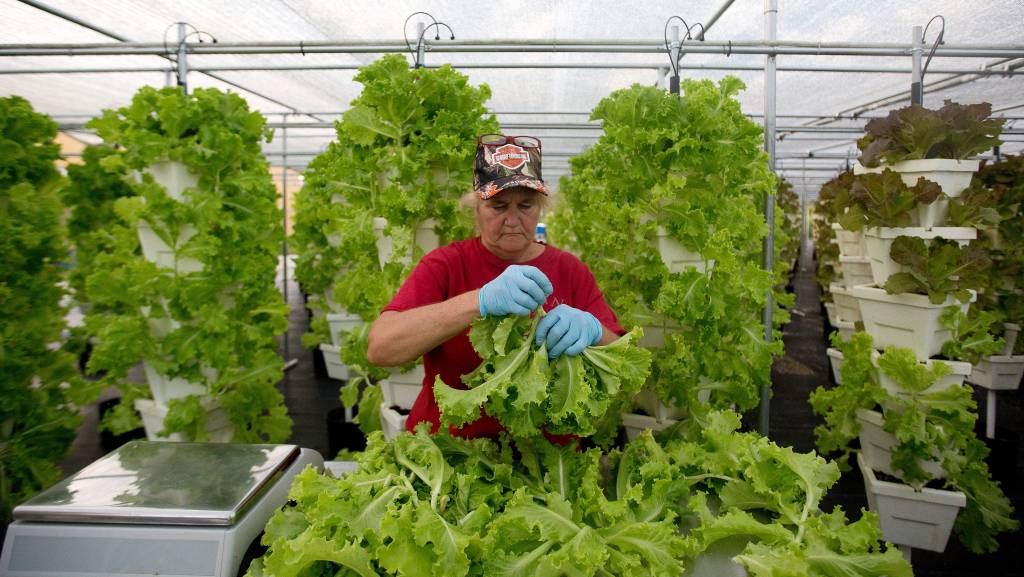Organic farming has gained significant popularity in recent years due to its sustainable and environmentally friendly practices. From vermicomposting to natural pest control methods, there are numerous techniques that organic farmers can employ to ensure a healthy and productive farm. In this article, we will explore some of the most effective strategies for organic farming.
1. Vermicomposting techniques: Vermicomposting is the process of using earthworms to break down organic waste into nutrient-rich compost. This technique not only reduces waste but also provides rich soil amendments for plant growth.
2. Biodynamic farming principles: Biodynamic farming goes beyond organic practices by incorporating spiritual and holistic approaches to agriculture. It emphasizes the use of biodynamic preparations, crop rotation, and lunar planting calendars.
3. Permaculture design in organic farms: Permaculture focuses on creating sustainable ecosystems that mimic natural patterns. By designing diverse systems with multiple layers of plants and animals, permaculture promotes self-sufficiency and resilience.
4. Natural pest control methods: Organic farmers can utilize various techniques like companion planting, beneficial insects (such as ladybugs), trap crops, and physical barriers to manage pests without relying on harmful chemicals.
5. Soil remineralization strategies: Organic farms can replenish essential minerals in the soil by using rock dust or sea minerals as soil amendments. These remineralization techniques improve soil fertility and plant health.
6. Agroforestry practices for organic farms: Agroforestry involves integrating trees with agricultural crops or livestock systems. This practice improves biodiversity, provides shade and windbreaks, enhances water retention, and creates habitats for beneficial organisms.
7. Indigenous microorganisms for soil health: Applying indigenous microorganisms (IMOs) derived from local forests or healthy soils can enhance soil structure, nutrient cycling, disease suppression, and overall plant vigor in an organic farm system.
8. Organic weed management techniques: Mulching with materials like straw or wood chips, hand weeding, and using flame weeders or vinegar-based herbicides are effective organic methods for managing weeds without synthetic chemicals.
9. Companion planting combinations for optimal yields: Certain plant combinations can enhance each other’s growth, deter pests, attract beneficial insects, and maximize the use of space. For example, planting marigolds alongside tomatoes helps repel nematodes.
10. Non-toxic alternatives to synthetic fertilizers: Organic farmers can utilize natural fertilizers like compost, manure tea, fish emulsion, or seaweed extracts to provide essential nutrients to their crops without relying on synthetic chemicals.
These are just a few of the many strategies that organic farmers can employ to create sustainable and productive farms. By implementing these techniques and continuously learning about innovative practices in organic farming, farmers can contribute to a more eco-friendly and resilient agricultural system.


Leave a comment